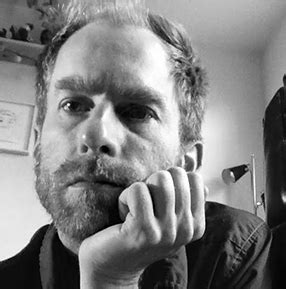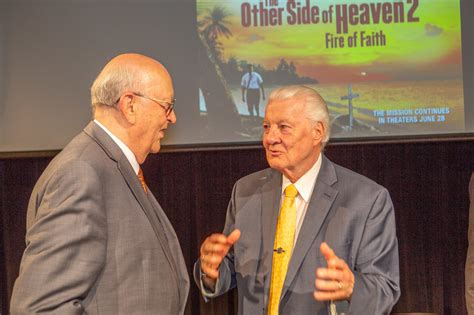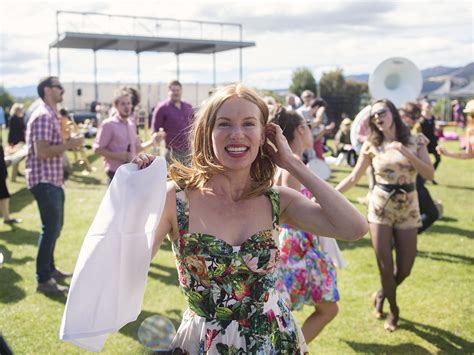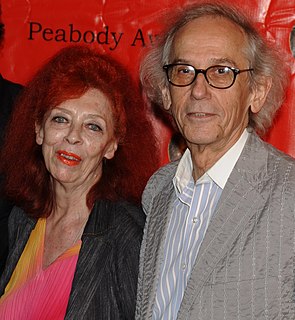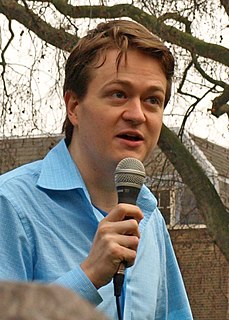A Quote by Douglas A. Martin
I think Stephen Crane too becomes trapped in a myth that poetry should be operating at a certain level, that there's the real world and the reflection of that real world. I don't exist in any of these historical periods. I exist in the period in which I'm writing the book. So I only attempt to frame this in a way that I myself relate to.
Related Quotes
Phonogram was explicitly about our world. It’s a fantasy which is happening around us all, unnoticed except for those who’ve fallen into its world. In a real way, it’s real. Conversely, W+D is much more overt. The appearance of the gods changes the world, and has changed the world going back. There’s the strong implication that certain figures in our world simply didn’t exist in The Wicked And The Divine‘s world, because they were replaced by a god.
The word 'mundane' has come to mean 'boring' and 'dull', and it really shouldn't - it should mean the opposite. Because it comes from the latin mundus, meaning 'the world'. And the world is anything but dull: The world is wonderful. There's real poetry in the real world. Science is the poetry of reality.
But myth is something else than an explanation of the world, of history, and of destiny. Myth expresses in terms of the world - that is, of the other world or the second world - the understanding that man has of himself in relation to the foundation and the limit of his existence. Hence to demythologize is to interpret myth, that is, to relate the objective representations of the myth to the self-understanding which is both shown and concealed in it.
Art was a last, desperate attempt for me to be able to exist in the world after trying very hard not to exist in the world and realizing that it was just my lot to be a person and to live in the world. See, the normal world dissolves in these experiences, and you realize that it is just an illusion. But, inevitably, I just kept landing back in the middle of it.
Poetry at large in America is naturally a reflection of the American system and culture. That's my possibly narrow view of it, or reductive view. But I think for as many portals for critical consciousness in the poetry world and in the American spirit that exist, there's also an over-arching, dominant mirroring, in poetry, of the corporate structure, the capitalist enterprise.
